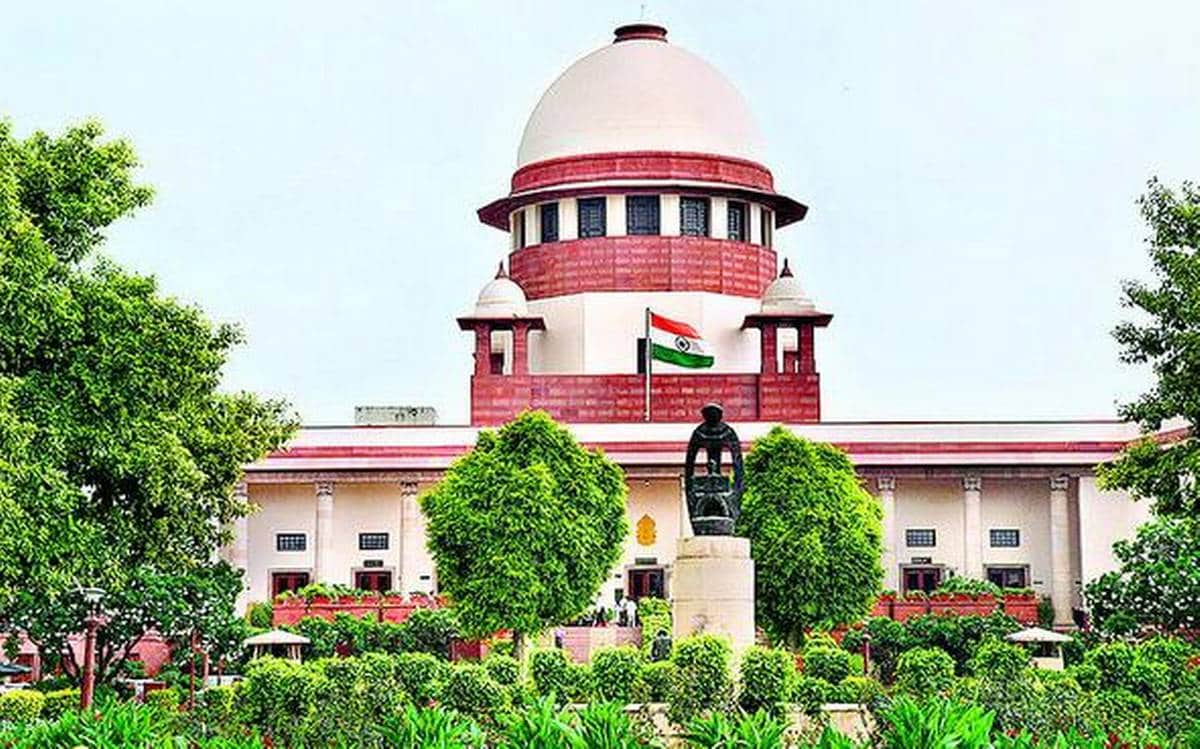In a courtroom battle that underscores the complex interplay between global tech giants and national regulatory frameworks, Elon Musk’s X, formerly known as Twitter, finds itself at odds with Australian law over the removal of graphic content depicting a terrorist attack.
At the heart of the dispute lies a fundamental question: to what extent should a platform like X be compelled to adhere to the laws of a specific country when it comes to content moderation? The legal showdown commenced as the eSafety Commissioner of Australia sought the removal of 65 posts showcasing a harrowing video of an Assyrian Christian bishop being stabbed during a sermon in Sydney, classified as a terrorist incident by authorities.
Tim Begbie, representing the cyber regulator, argued that while X has policies in place to remove harmful content, it cannot claim unilateral authority to decide what is acceptable under Australian law. He contended that X’s resistance to globally removing the posts challenges the notion of reasonableness within the scope of Australia’s Online Safety Act.
X’s stance, guided by its mission to uphold free speech, underscores a broader philosophical debate surrounding the jurisdictional reach of national laws in the digital realm. The company maintains that while it has blocked access to the posts for Australian users, it refuses to implement global removal, asserting that the internet should not be governed by the laws of a single nation.
However, Begbie argued that geo-blocking, the solution proposed by X, is ineffective due to the widespread use of virtual private networks (VPNs) by a significant portion of the Australian population.
Amidst the legal wrangling, X’s lawyer, Bret Walker, contended that the company had taken reasonable steps to comply with Australian laws while balancing the principles of free expression. He emphasized the importance of allowing global access to newsworthy content, cautioning against the suppression of information on a global scale. The implications of such an approach, he argued, extend beyond Australia’s borders, potentially setting a precedent for censorship on a global scale.
As the case unfolds in the Federal Court, Judge Geoffrey Kennett has issued a temporary takedown order for the posts, extending it until June 10 pending a final decision. The outcome of this legal battle is poised to have far-reaching implications, not only for the regulation of online content in Australia but also for the broader discourse surrounding internet governance and free speech in the digital age.
Beyond the legal arguments, the case underscores the evolving dynamics between tech platforms and regulatory authorities, highlighting the challenges of reconciling competing interests in an increasingly interconnected world. With the proliferation of digital platforms and the rise of social media, questions surrounding content moderation, censorship, and the balance between freedom of expression and societal harm have come to the forefront of public discourse.
In the digital era, where information knows no borders and online platforms wield immense influence over public discourse, the case of X versus Australian law serves as a microcosm of the broader tensions between technology, governance, and individual rights. As societies grapple with the complexities of the digital age, the need for robust legal frameworks, ethical guidelines, and international cooperation becomes ever more apparent.
As the legal battle between X and Australian authorities unfolds, it underscores the intricate relationship between technology, law, and societal norms in the digital age. At stake is not just the removal of graphic content depicting a heinous act but also the broader principles of free speech, censorship, and the jurisdictional reach of national regulations in a globalized world.
The outcome of this case carries significant implications for the future of online content moderation and regulation. On one hand, proponents of free speech argue that platforms like X should have the autonomy to determine their content policies without being unduly influenced by the laws of individual countries. They contend that a global approach to content moderation ensures consistency and prevents the fragmentation of the internet along national lines.
On the other hand, proponents of regulation argue that national laws play a crucial role in safeguarding citizens from harmful content and upholding community standards. They assert that while platforms may operate globally, they must abide by the laws of the countries in which they operate, particularly when it comes to content that poses a threat to public safety or incites violence.
Amidst these competing interests, the case highlights the need for a nuanced approach to content moderation that balances the principles of free speech with the protection of users from harm. It also underscores the importance of international cooperation and dialogue in addressing cross-border challenges in the digital realm.
Beyond the legal realm, the case has broader implications for the future of internet governance and the regulation of online platforms. As technology continues to evolve at a rapid pace, policymakers around the world face the daunting task of crafting regulations that are effective, enforceable, and adaptable to the ever-changing digital landscape.
Moreover, the case raises important questions about the role of tech companies in shaping public discourse and influencing democratic processes. With social media platforms serving as key channels for information dissemination and political engagement, the decisions made by companies like X have far-reaching consequences for the functioning of democratic societies.
Ultimately, the resolution of this case will have significant implications not only for X and its users but also for the broader digital ecosystem. It will shape the future trajectory of online content moderation, influence regulatory approaches to technology platforms, and set precedents for how governments and tech companies interact in the digital age.
As the legal proceedings continue, stakeholders from across sectors will closely monitor developments, recognizing that the outcome of this case has the potential to reshape the digital landscape for years to come. Whether it leads to greater clarity in content moderation policies, a re-evaluation of regulatory frameworks, or a deeper understanding of the complexities of governing the internet, the case of X versus Australian law represents a pivotal moment in the ongoing debate over the future of online governance and free speech in the digital age.


 Opinion3 years ago
Opinion3 years ago
 Entertainment8 years ago
Entertainment8 years ago
 Entertainment8 years ago
Entertainment8 years ago
 Fashion8 years ago
Fashion8 years ago
 Opinion4 years ago
Opinion4 years ago
 Entertainment8 years ago
Entertainment8 years ago
 Politics8 years ago
Politics8 years ago
 Entertainment8 years ago
Entertainment8 years ago








